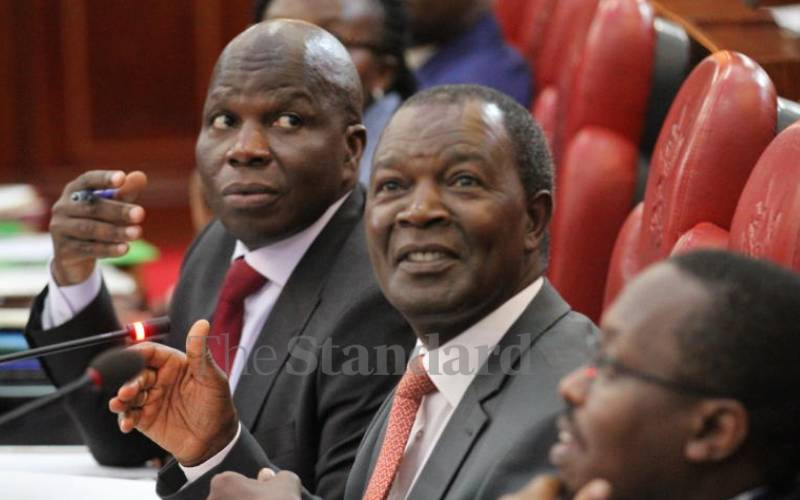×
The Standard e-Paper
Fearless, Trusted News

State-owned enterprises (SOEs) and regulatory authorities are staring at job cuts, fewer calendar activities and capital projects over the next financial year.
This is as the government implements a strict austerity plan to unlock Sh400 billion in liquidity.